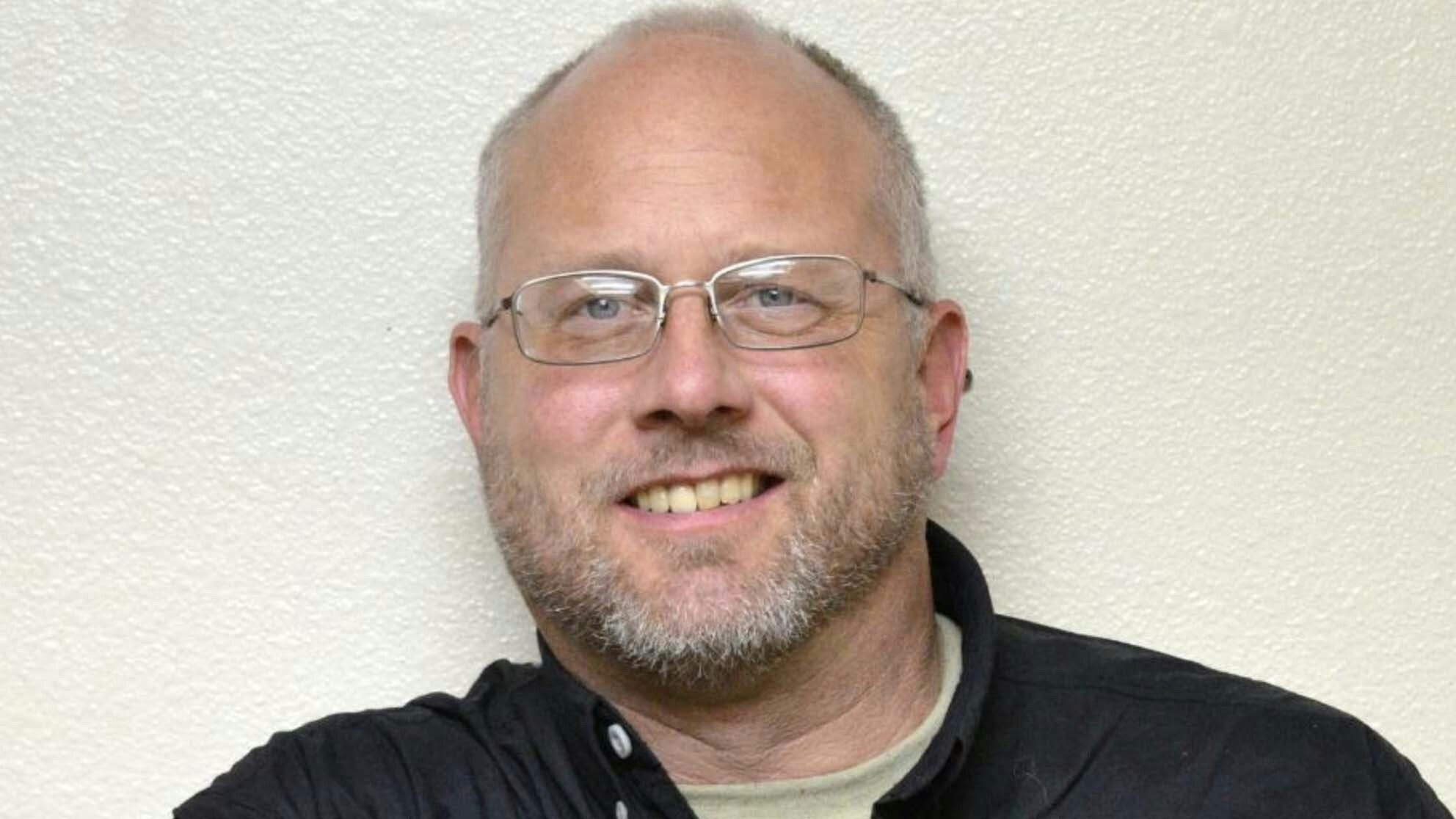Two weeks ago, this column set about to rescue our common sense of morality from the false accusation that it is uniquely Christian. It pointed out that the Cardinal Virtues predated Christianity by four centuries and are understood instinctively throughout the world.
That remains true, but there is more to the story. There is also a unique contribution that Christianity has given to America. G.K. Chesterton wrote, “America is the only nation in the world that is founded on a creed. That creed is set forth with dogmatic and even theological lucidity in the Declaration of Independence.” That is, “We hold these truths to be self-evident, that all men are created equal.”
Few societies have ever believed a thing so radical. None had ever placed the idea at the center of its public life. Critics of America deny that we ever believed it at all. Slave states, the Indian wars, Japanese internment camps and Jim Crow seem to prove their point.
But Americans universally condemn these injustices, and more. That condemnation, wherever it is found, confirms America’s founding creed to be right and true.
The 56 signers of the Declaration were aware from the start that their bold creed was contradicted by the very existence of slavery. Washington, Jefferson, and other slave owners, were acutely aware that their declaration, sooner or later, would require the end of slavery. They signed their names to the Declaration not in hypocrisy, but in solemn pledge to make American life—including their own lives—conform to their beliefs.
It would take more than eight decades of strife, capped by a war that cost 625,000 lives, to right that wrong. The 13th Amendment brought America one step closer to a just society. More steps followed and still more are required. The claim that “all men are created equal,” continues to challenge every unjust treatment of human beings from Jim Crow to broken Indian treaties, to America’s total abandonment of 60 million unborn children.
America continues both to believe that all men are created equal, and to strive against every law that would contradict it. These twin realities bring us to an even more fundamental creed. The ongoing quest to root out injustice requires belief that redemption is real. Christ died for all, and anyone can repent and be forgiven by His blood.
Human life is not about perfectionism but redemption. No person perfectly lives up to his or her own beliefs. Redemption is not about atoning for your own sins or demanding full payment from those who sin against you. It is about restitution paid by another—ultimately by God through the crucifixion of Jesus. That is the uniquely Christian idea embedded in America’s creed.
Only when the price of justice is paid by God does forgiveness become a reality. This alone can create a space where the bonds of love grow. Without infinite forgiveness, the demands of justice are insatiable, and peace is impossible.
The turmoil in America today is not a result of imperfectly living up to the creed that, “all men are created equal.” We have struggled with this from the beginning. Turmoil results when striving for justice is cut off from its necessary grounding of forgiveness and redemption.
Where repentance, redemption and forgiveness do not reign supreme, hate and turmoil fills the void. Lacking the grace that redemption and forgiveness provide, each person, individually, is driven into a posture of self-defense and counter-attack. Admit no wrong. Apology is weakness. Demand justice. Give no mercy. Forgiveness is betrayal.
In this toxic stew, people are no longer defined by their humanity, but by their sins—real or perceived. No one is equal. Each seeks to dominate.
The founders of the republic understood that without the possibility of redemption, there can be no change for the better. They understood that utopian visions of a perfect society cannot bring about the perfection they desire. To the contrary, they cause obsession with the injustices of others and willful blindness to their own.
They also knew that the grace of redemption could not be regulated by the state, but only received through the Church. So, they asserted only what was knowable by nature in their Declaration of Independence—that “all men are created equal.” The revelation of redemption through Christ was protected by the First Amendment and left to the Church alone.
While repentance and redemption are possible only in Christ, they are the unwritten foundation of our entire republic. Without them, no reparations and no restitution will ever suffice. Our present turmoil will continue until all society is burned to the ground.
But through repentance and redemption, human dignity is restored and the bedrock ideal of human equality is grounded in the Creator and Redeemer of all mankind.





